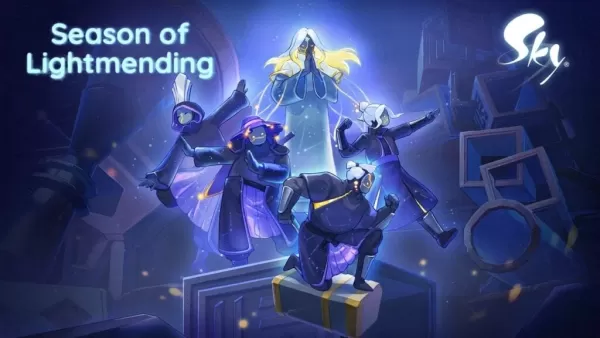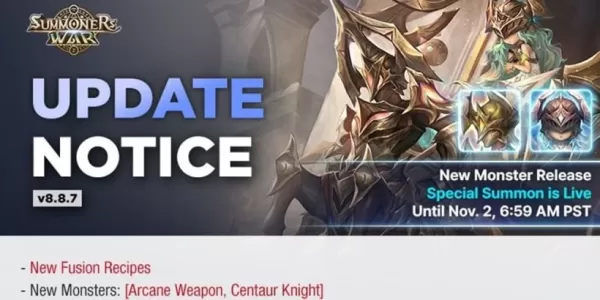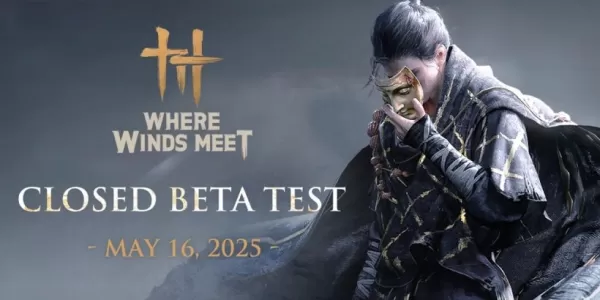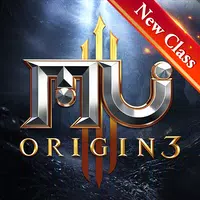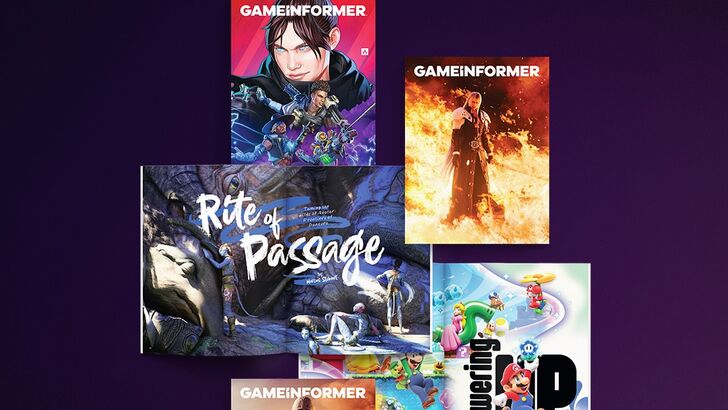
Game Informer, a gaming journalism stalwart for 33 years, has been abruptly shut down by GameStop. This unexpected closure has sent shockwaves through the gaming community, leaving employees laid off and a rich archive of content erased from the internet.
GameStop's Decision and the Fallout
On August 2nd, the announcement was made via Twitter (X), signaling the end of both the print magazine and its online presence. The message, while expressing gratitude to readers, offered little explanation for the immediate and complete closure. Employees were informed of the layoffs in a Friday meeting, with the website swiftly wiped clean, leaving only a farewell message in its place. Issue #367, featuring Dragon Age: The Veilguard, will be the final publication.
A Legacy Lost: Game Informer's History
Originating as an in-house newsletter for FuncoLand in 1991, Game Informer evolved into a prominent monthly magazine, acquired by GameStop in 2000. Its online counterpart, initially launched in 1996, experienced periods of closure and revival, culminating in a major redesign in 2009 that included a podcast and enhanced online features. However, GameStop's financial struggles in recent years, coupled with internal restructuring, ultimately led to the magazine's demise. Despite a brief period of renewed direct-to-consumer sales, the decision to cease operations was final.
The Emotional Aftermath
The sudden closure has resulted in widespread dismay and anger among former employees. Social media posts express shock, frustration at the lack of notice, and heartbreak over the loss of years of dedicated work and a significant piece of gaming history. Comments from former staff members, including the editor-in-chief who dedicated 29 years to the publication, underscore the profound impact of this decision. The irony of a farewell message that even AI could replicate has not been lost on observers.
An Era Ends
Game Informer's closure marks a significant loss for gaming journalism. Its long history of comprehensive coverage and insightful analysis leaves a void in the industry, highlighting the precarious position of traditional media in the digital landscape. While the magazine's physical and online presence is gone, its legacy and contributions to the gaming world will undoubtedly endure in the memories of its readers and the countless stories it helped to tell.

